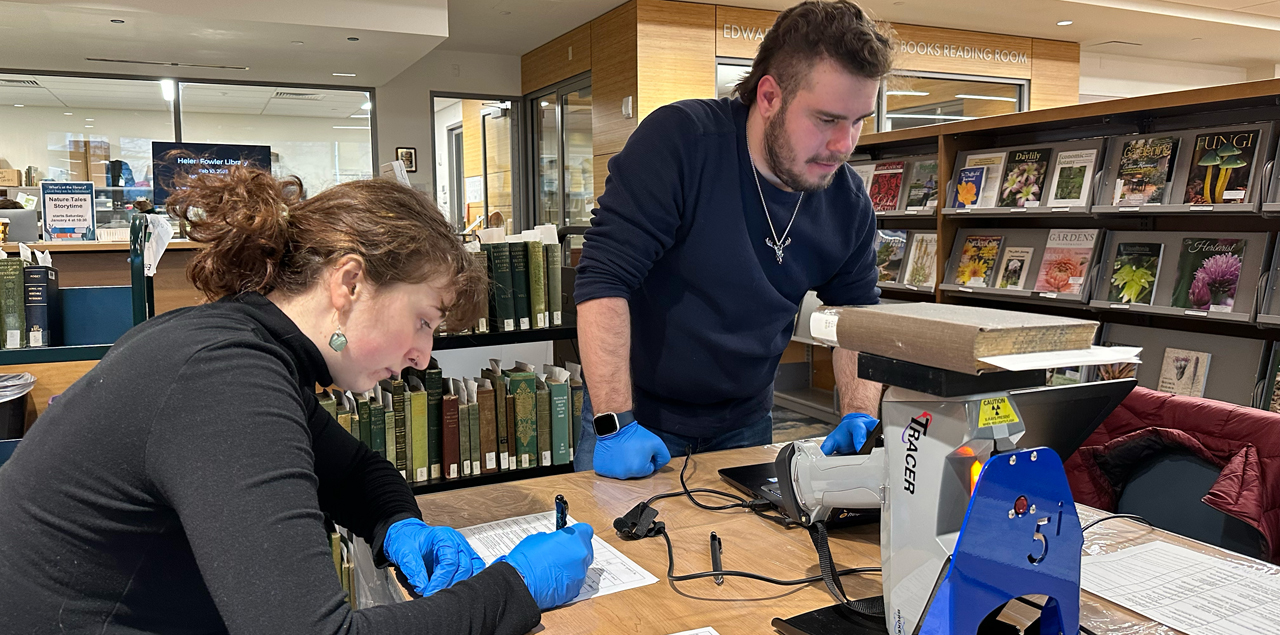
When I first heard the term "esports" thrown around in gaming circles back in 2015, most people outside the community imagined teenagers playing video games in their parents' basements. Fast forward to today, and we're looking at a global phenomenon that's projected to generate over $1.8 billion in revenue this year alone. Having followed competitive gaming's evolution from niche hobby to mainstream spectacle, I've come to appreciate how esports mirrors traditional sports in more ways than most people realize. The fundamental definition remains straightforward - organized competitive gaming between professional players - but the cultural significance and operational complexity deserve deeper exploration.
What fascinates me most about modern esports is how it has developed professional structures that closely resemble traditional sports leagues. Take the recent Philippine National Volleyball League, where completing the nationals' stacked frontline are returnees Eya Laure and Cignal's Vanie Gandler along with two-time UAAP best opposite spiker Alyssa Solomon and Capital1's Leila Cruz. This isn't just a random assortment of talented players - it's a carefully constructed team with specific roles, much like how professional esports organizations build their rosters. In both cases, success depends on strategic composition where individual specialists complement each other's strengths. I've noticed that the most successful esports teams, much like this volleyball lineup, understand that raw talent alone doesn't guarantee victory - it's about creating synergistic relationships between players with different skill sets.
The training regimens and career trajectories in esports have become remarkably similar to traditional athletics. Professional gamers typically practice 8-10 hours daily, with structured schedules that include individual skill development, team strategy sessions, and physical conditioning. Yes, you heard that right - physical conditioning. The top organizations now employ nutritionists and physical therapists because they understand that peak cognitive performance requires physical wellness. I've spoken with players who describe training camps that feel more like Olympic preparation than gaming sessions. The career window is similarly narrow - most pros peak between 18-25, with only the most adaptable players maintaining top form into their late twenties.
What many outsiders miss about esports is the sheer scale of its ecosystem. We're talking about an industry that attracted over 495 million viewers worldwide last year, with tournaments offering prize pools that sometimes exceed traditional sports events. The 2021 International Dota 2 Championship, for instance, featured a $40 million prize pool - that's more than the PGA Tour's Players Championship. I believe this financial validation matters because it demonstrates that competitive gaming isn't just a passing fad but a sustainable entertainment product with real economic impact. The infrastructure supporting these events - from dedicated arenas to broadcast teams - now rivals what you'd find in conventional sports broadcasting.
The psychological dimension of esports deserves more attention than it typically receives. Having competed at amateur levels myself, I can attest that the mental pressure in high-stakes matches is palpable. Decision-making under fatigue, maintaining focus during extended series, managing team dynamics - these challenges parallel what traditional athletes face. I've seen incredibly skilled players crumble under pressure while less mechanically gifted competitors thrive through mental fortitude. This is why sports psychologists have become essential staff for serious esports organizations, helping players develop the resilience needed to perform when millions are watching.
Looking ahead, I'm particularly excited about how esports continues to blur lines between digital and physical competition. The inclusion of esports in the 2022 Asian Games as a medal event represents a significant milestone, and I suspect we'll see Olympic recognition within the next decade. The convergence is happening in both directions - traditional sports organizations are acquiring esports teams, while game developers are implementing systems that mirror athletic training methodologies. This cross-pollination benefits everyone involved and lends further legitimacy to competitive gaming as a disciplined pursuit rather than mere entertainment.
Having watched this industry mature, I'm convinced that our definition of esports will continue to evolve beyond its current boundaries. We're already seeing educational institutions offering esports scholarships and corporate sponsors treating gaming teams with the same seriousness as traditional sports franchises. The narrative has shifted from whether esports qualifies as "real" competition to how it will reshape our understanding of athletics in the digital age. For aspiring competitors, my advice is to approach esports with the same professionalism and dedication you'd apply to any athletic pursuit - because at the highest levels, the distinctions have become largely irrelevant.
Football
-
PPG Meaning Basketball: Understanding Points Per Game in the NBA
football match
-
Discover the Essential Materials and Equipment of Basketball for Peak Performance
football rules
-
The Story of How Basketball Was Created by a Man Named James Naismith
Football
-
How to Create the Perfect Basketball Lineup Template for Your Team
football match




